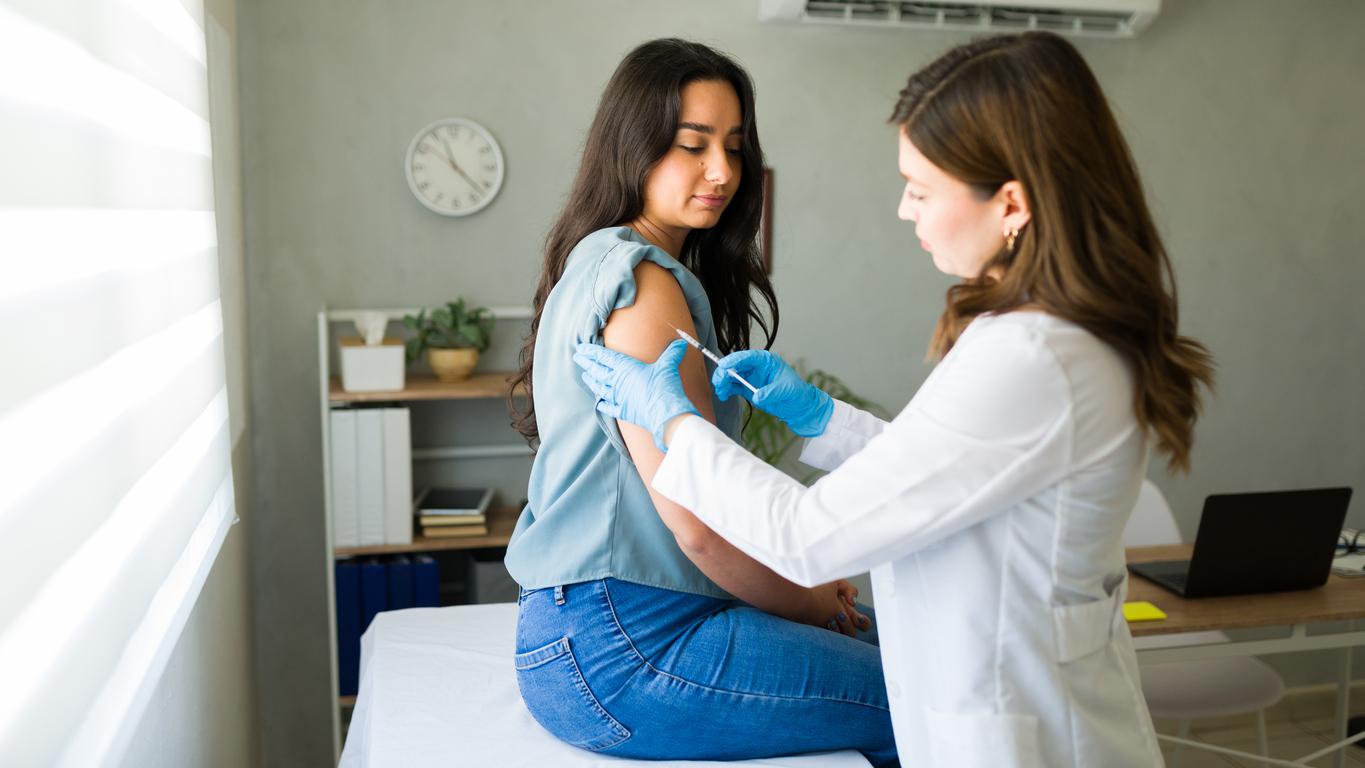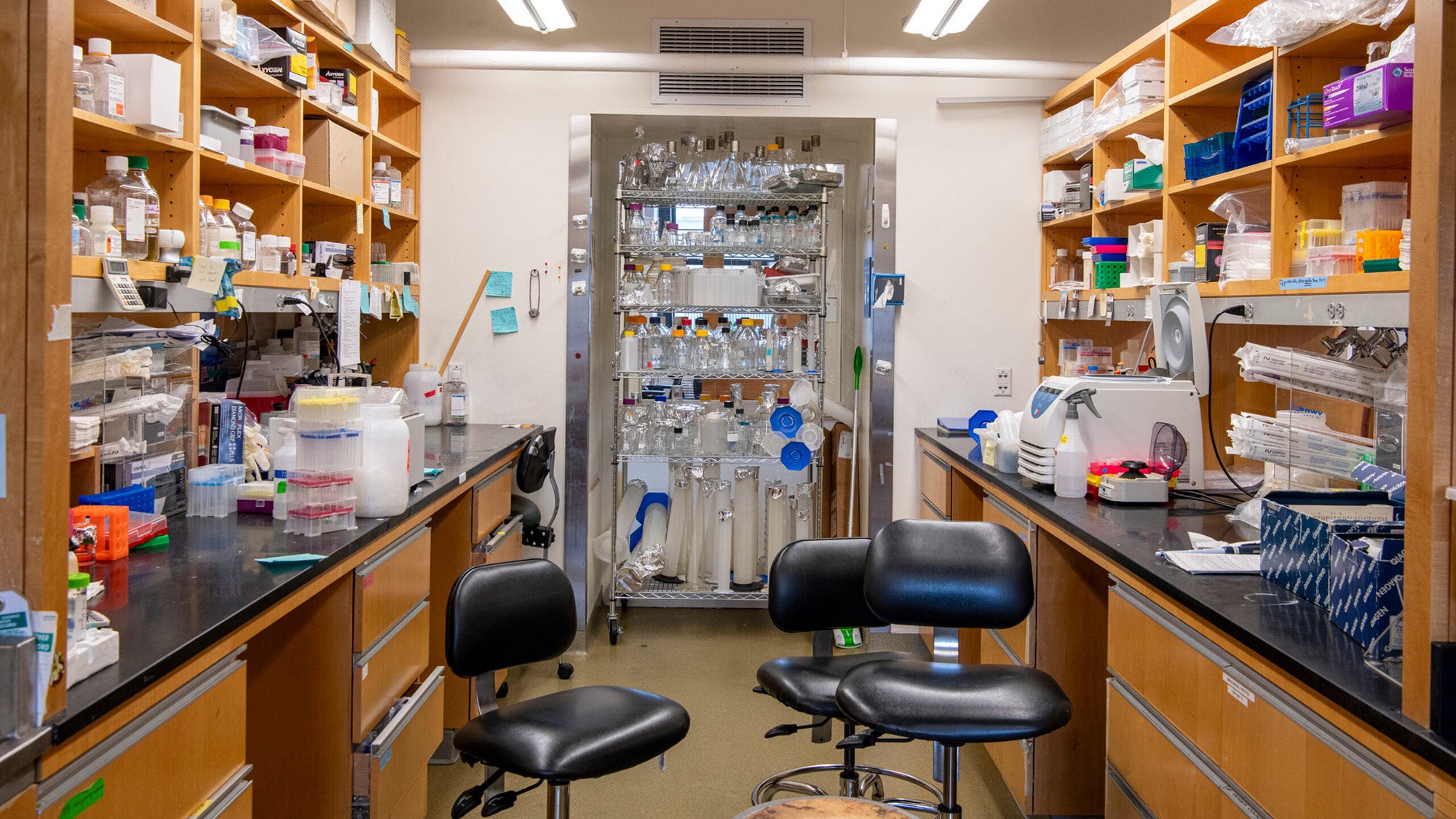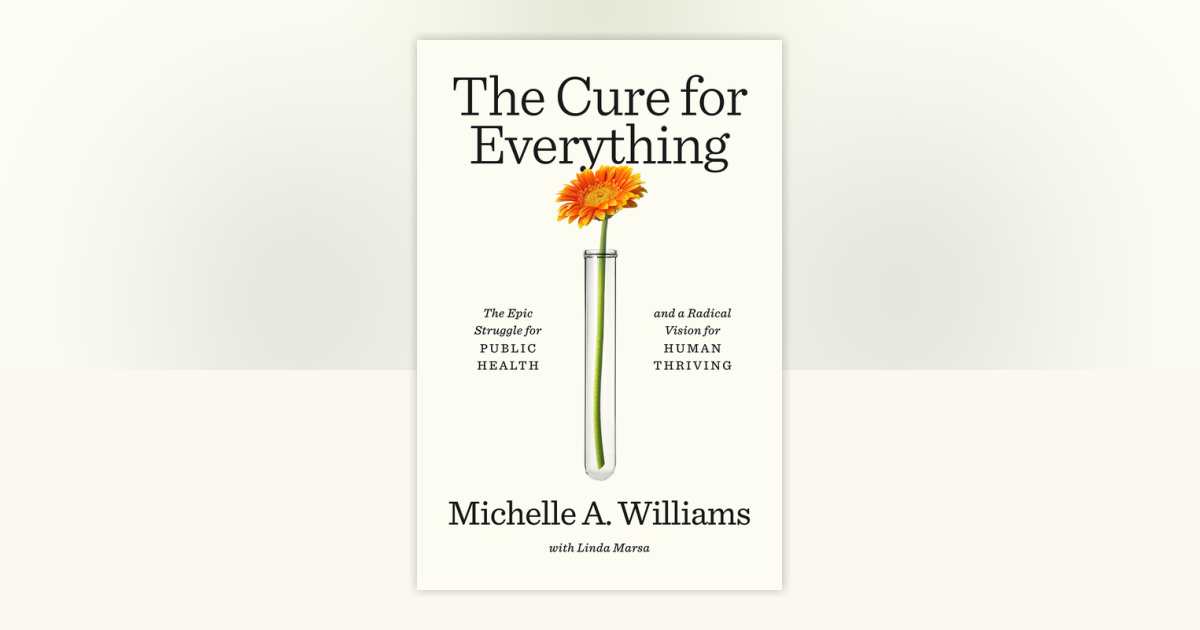Harvard Chan NIEHS Center and Region 1 PEHSU foster lead exposure awareness and family fun
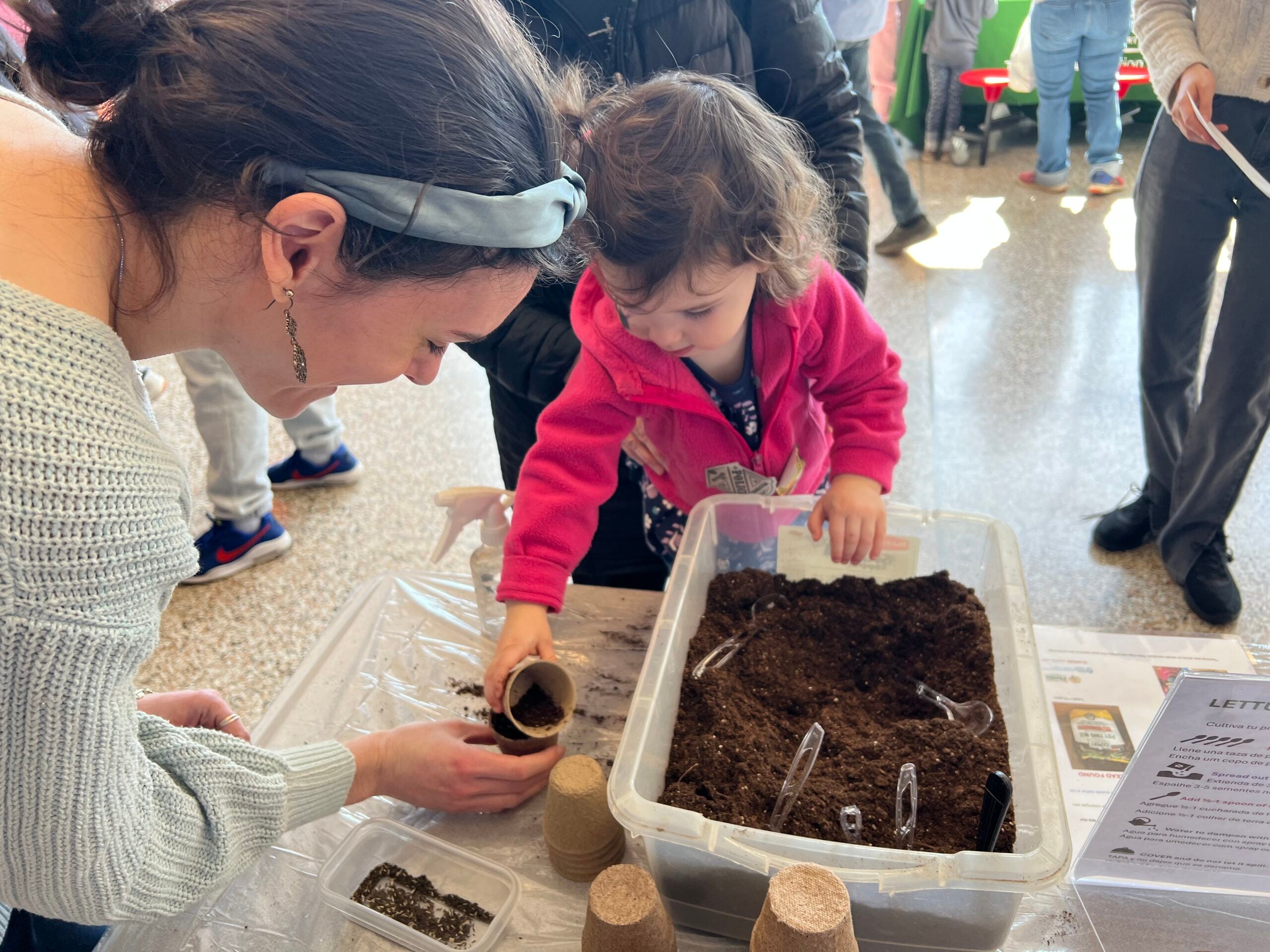
The Community Engagement Core (CEC) of the Harvard Chan NIEHS Center for Environmental Health focuses on environmental health exposures in the greater Boston area and in New England. Our CEC is managed by Gary Adamkiewicz, PhD, MPH, CEC Director, and Ann Backus, MS, CEC community engagement coordinator. For over a decade, we have worked with the Pediatric Environmental Health Specialty Unit (PEHSU) at Boston Children’s Hospital. The Region 1 PEHSU is funded in part by a cooperative agreement with the Centers for Disease Control and Prevention (CDC) and by the EPA. Each of the 10 EPA regions has a PEHSU that serves the region, and each PEHSU is affiliated with an academic institution. The Region 1 PEHSU is affiliated with Harvard Medical School and Harvard T.H. Chan School of Public Health.
All PEHSUs provide consultation, care, outreach, and education on reproductive and pediatric environmental health concerns. The strong relationship between Harvard Chan NIEHS Center for Environmental Health and the Region 1 PEHSU has led to a number of fruitful collaborations, including publication of an activity book for children that educates on the interconnectedness between the health of humans, animals, plants, and the environment at large.
One of the major environmental toxins that the Region 1 PEHSU addresses is pediatric lead exposure. Both our Center and the PEHSU are closely connected to the Massachusetts Childhood Lead Poisoning Prevention Program at the Massachusetts Department of Public Health. On March 15, 2025, Kim Manning, PEHSU outreach and education coordinator, Diane Story, PEHSU data analyst, along with Ann Backus staffed a vendor table at the Family Fun and Disability Awareness Fair in Milford, Massachusetts.
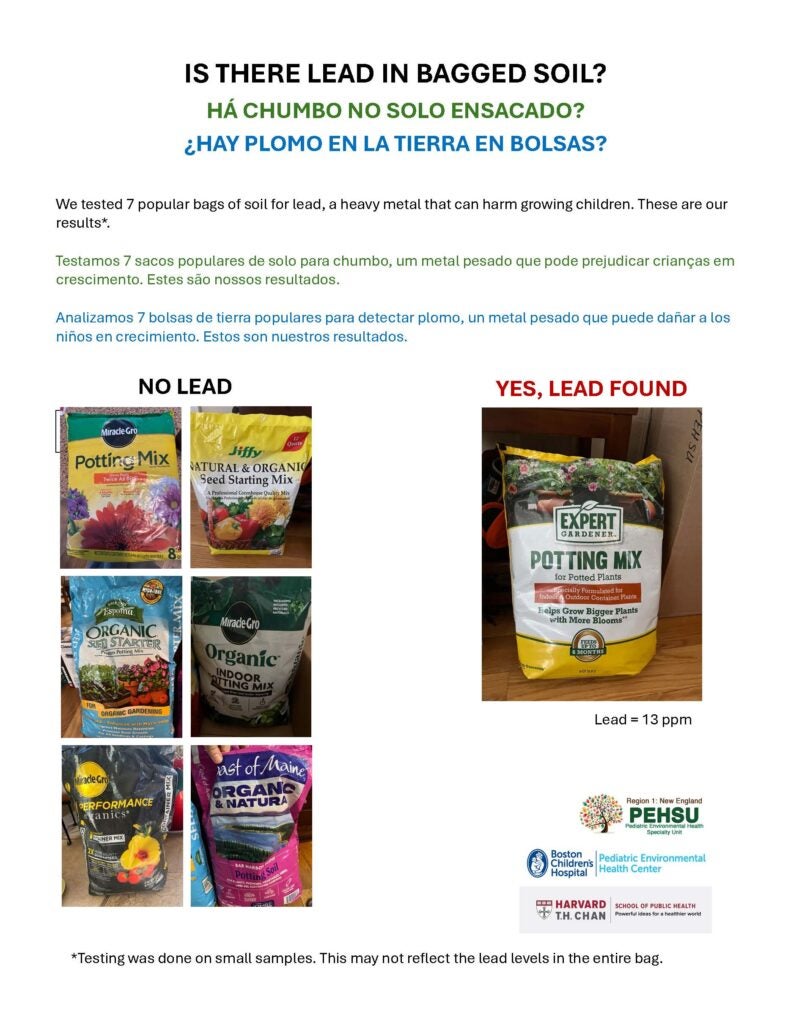
Given the dual purpose of this day – to educate and entertain (aka have fun!) – Kim, Diane, and Ann talked with more than 36 families about lead exposure and the services of the PEHSU, while helping children, some with disabilities, plant lettuce seeds in lead-free potting soil. In preparation for this event, Ann and Ben Weitz, a Harvard Chan School master’s student, used a portable XRF to test seven types of commonly used potting soil. Of the seven, one showed a detectable level of lead; that bag was discarded. We wanted to be sure that the soil we provided for the children’s planting activity was lead-free. It was a busy fair, and the children enjoyed planting their lettuce seeds without getting too dirty!
Both the PEHSU staff and the CEC have been acutely aware of the need to bring awareness of PESHU services to metropolitan Boston and beyond for many years. It was clear, once again at this event, that there is a need to educate about the availability of PEHSU resources and how parents can access them.
In addition to collaborating with the PEHSU Outreach and Education Committee, Ann stays active with lead exposure and mitigation issues through engagement with the Western Massachusetts Lead Task Force.
Coming in the next few months is an article on micro and nanoparticles collaboratively written by Harvard Chan students, CEC directors, and Dr. Alan Woolf, Director of the Region 1 PEHSU. The article will appear in the 5th edition of the “green book’ formally known as Pediatric Environmental Health, published by the American Academy of Pediatrics.
